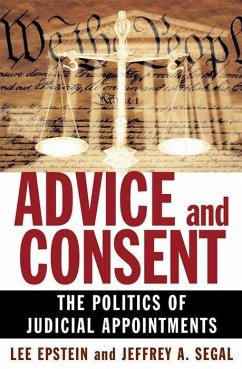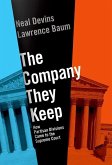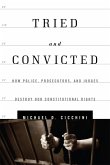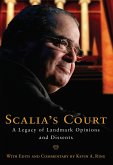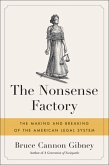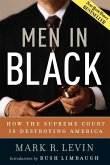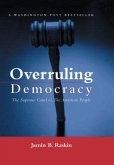The reader discovers how presidents and the senate have tried to remake the bench, ranging from FDR's controversial "court packing" scheme to the Senate's creation in 1978 of 35 new appellate and 117 district court judgeships, allowing the Democrats to shape the judiciary for years. The authors conclude with possible "reforms," from the so-called nuclear option, whereby a majority of the Senate could vote to prohibit filibusters, to the even more dramatic suggestion that Congress eliminate a judge's life tenure either by term limits or compulsory retirement. With key appointments looming on the horizon, "Advice and Consent" provides everything concerned citizens need to know to understand the partisan rows that surround the judicial nominating process.
From Louis Brandeis to Robert Bork to Clarence Thomas, the nomination of federal judges has generated intense political conflict. In Advice and Consent, two leading legal scholars offer a brief, illuminating Baedeker to this highly important procedure, discussing everything from constitutional background, to crucial differences in the nomination of judges and justices, to the role of the Judiciary Committee in vetting nominees. Epstein and Segal shed light on the role played by the media, by the American Bar Association, and by special interest groups (whose efforts helped defeat Judge Bork).
From Louis Brandeis to Robert Bork to Clarence Thomas, the nomination of federal judges has generated intense political conflict. In Advice and Consent, two leading legal scholars offer a brief, illuminating Baedeker to this highly important procedure, discussing everything from constitutional background, to crucial differences in the nomination of judges and justices, to the role of the Judiciary Committee in vetting nominees. Epstein and Segal shed light on the role played by the media, by the American Bar Association, and by special interest groups (whose efforts helped defeat Judge Bork).
